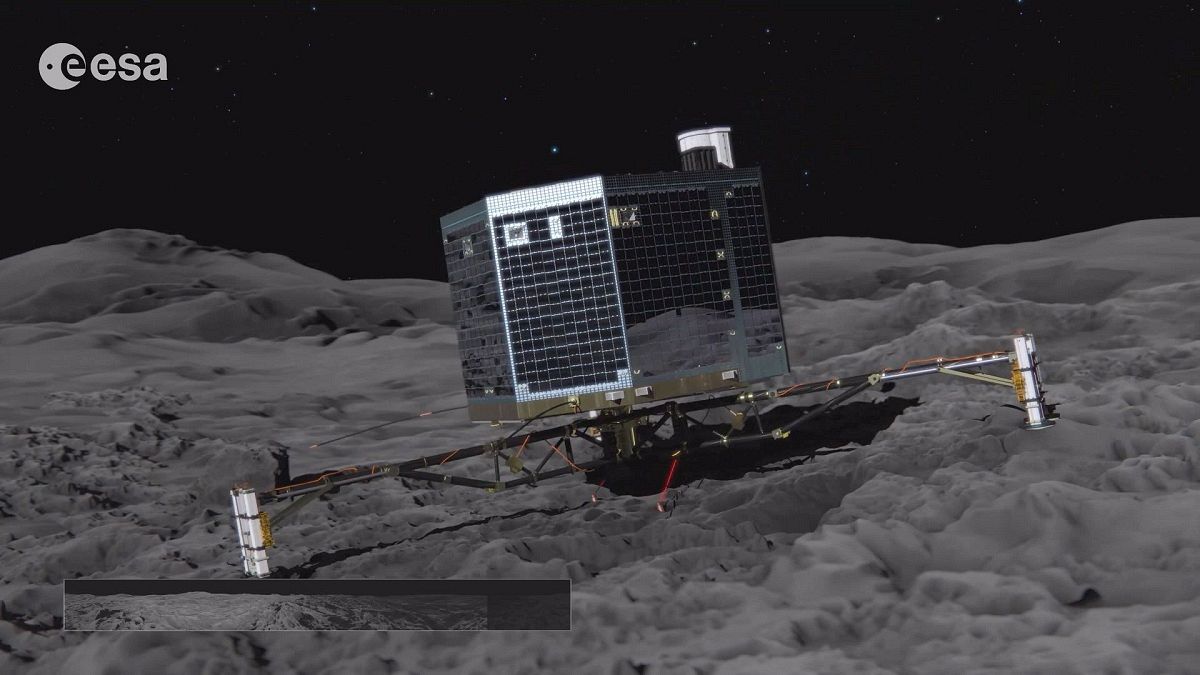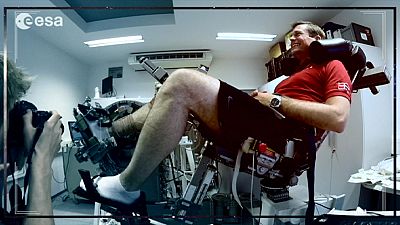The Rosetta mission has changed our vision of comets and given us a new outlook on the origin of life in the universe. In this edition of Space, we
The Rosetta mission has changed our vision of comets and given us a new outlook on the origin of life in the universe.
In this edition of Space, we reflect on its amazing progress – and take a look at the challenges that lie ahead.
The small robot Philae has found organic molecules on the surface of the Churyumov-Gerasimenko comet (67P) – molecules which are considered to be the fundamental elements of life.
Philae, which landed on the comet nine months ago, called Earth for the last time – via its mother-ship Rosetta – on 9 July.
Then, the distance from the orbiter was too big to keep communications alive.
The team in charge of communications and sending commands to Philae, in Cologne, is remaining optimistic though.
There are new windows of opportunity up until late September.
If Philae is able to pick up a signal and fire in its instruments, it will be a last chance for the lander to conduct some important tests.
But time is of the essence. In the coming months, the comet will move further from the sun, light will decrease – meaning Rosetta and Philae’s batteries cannot be recharged.
But a year after Rosetta joined the orbit of Chury and nine months after Philae landed on it, this mission has deepened knowledge and boosted the hunger for space exploration.



